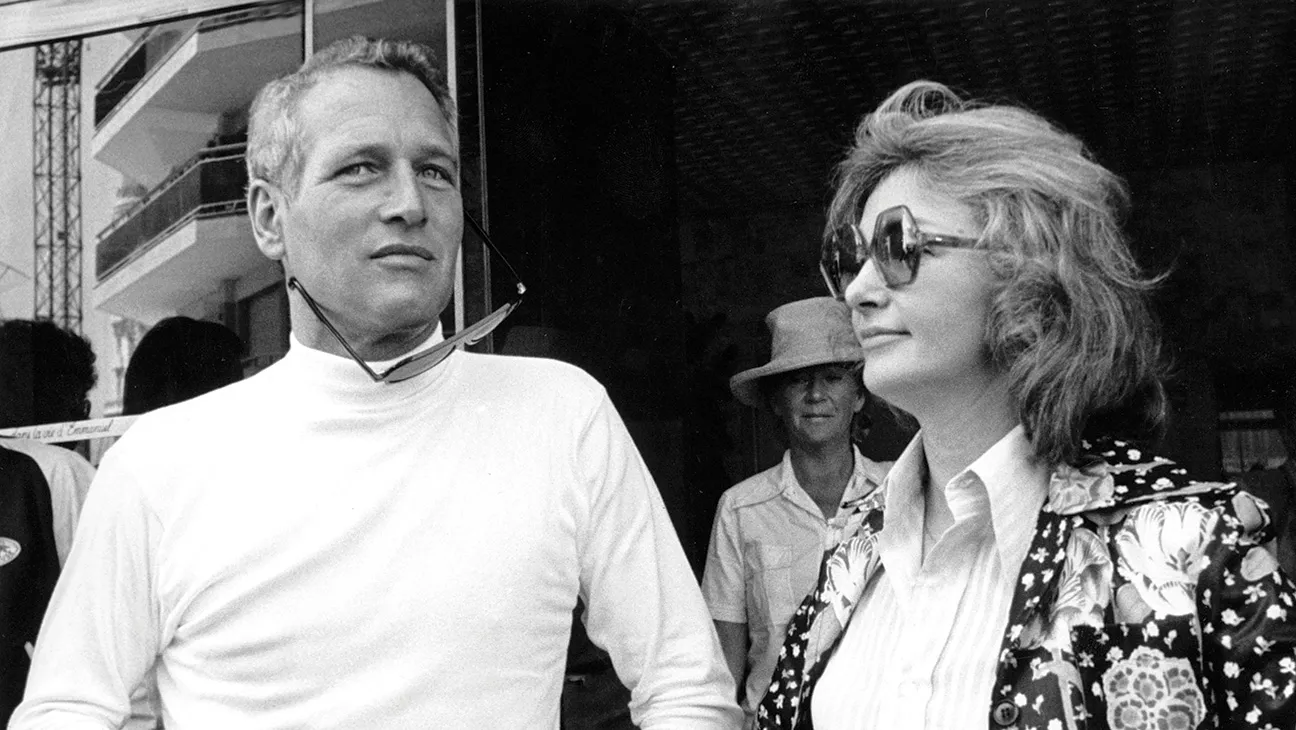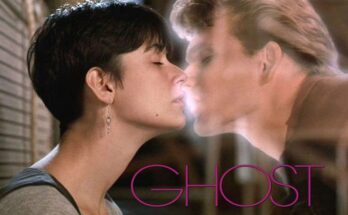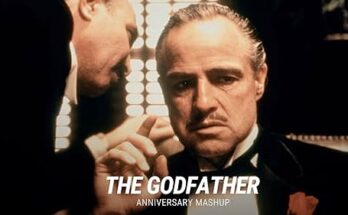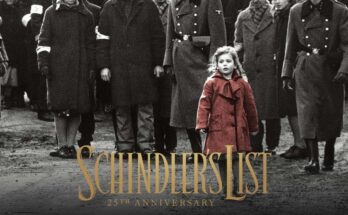In 1985, while filming The Color of Money in Chicago, Paul Newman quietly performed an act of generosity that has become a near-mythic story of his true character. Newman, known for his legendary on-screen charisma and his piercing blue eyes, negotiated the usual big-star perks into his contract—luxury suites, vintage wines, fine dining. But when the cameras rolled, he stunned his team by canceling every extravagant request. Instead, the funds were anonymously redirected to a local children’s hospital, paying for care that many families could never have afforded on their own.
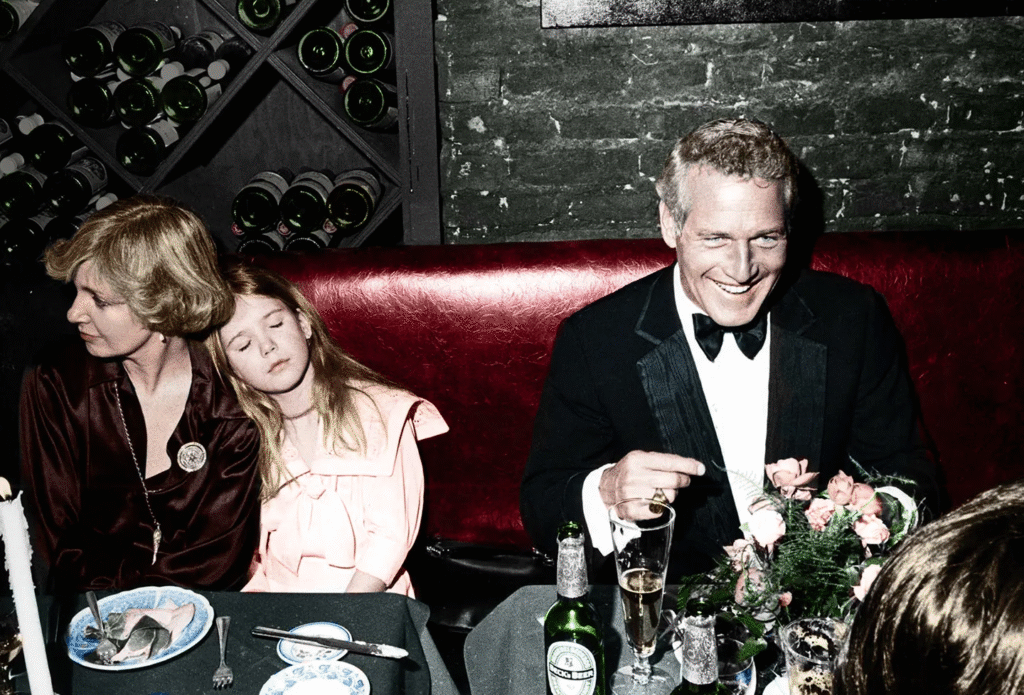
This wasn’t just a single gesture from a man with deep pockets—it was a habit. Throughout the 1980s, city after city, film after film, Newman repeated this simple but profound practice. He would negotiate lavish perks—first-class flights, five-star catering, private cars—only to pull the plug on them at the last moment and funnel the money to pediatric wards or local children’s charities wherever he happened to be working. The only sign of where the money went were whispers from grateful nurses and the quiet gratitude of families who would never even know the full story.
He never did it for the press. There were no grand announcements or staged donations for publicity. On Harry & Son, despite requesting a luxury car, Newman showed up in a plain, cheap rental that he drove himself. When asked why he’d turned down the limousine, he shrugged it off with a grin, saying, “If someone wants to spend money, let them spend it where it matters.”

Even in the middle of busy productions, Newman’s mind was never far from his quiet mission. On the set of Blaze, he spent his breaks making calls to organize medical clinics. During The Verdict, when awards talk swirled around his name, Newman confessed to a crew member that the true highlight of his year wasn’t acclaim—it was a letter from a family whose child had learned to walk thanks to treatment that his quiet donations made possible.
Paul Newman’s greatest role wasn’t one you could watch on a screen. It was the part he played off-camera—steadfast, generous, and fiercely humble. Long after the lights went down, his legacy reminds us that real heroism rarely demands the spotlight. It lives in the quiet choices, the small sacrifices, and the belief that if you have the means to make life a little fairer for someone else, you should.
